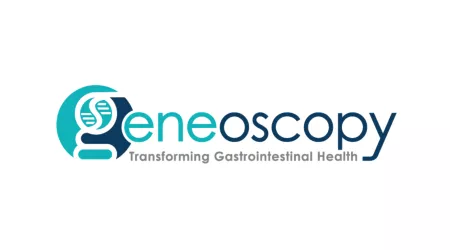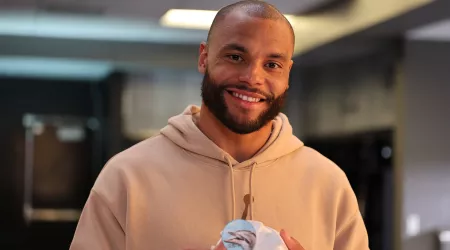Q&A with Dr. Andrew Albert
Dr. Andrew Albert—recently named by StreetWise as one of the “2018 Most Inspiring Chicagoans” for his work launching the grassroots awareness campaign #backoffcoloncancer—offers his thoughts on colorectal cancer screening.
Albert holds positions with Chicago Gastro and Advocate Illinois Masonic Medical Center, which was honored recently by the National Colorectal Cancer Roundtable as the Grand Prize Recipient of their 80% by 2018 National Achievement Award.
Alliance: What are some of the biggest concerns your patients share when you recommend they get screened for colorectal cancer?
Albert: When talking to patients who have never before been screened for colorectal cancer, their overarching concern is going through a procedure associated with high costs. Other common fears and concerns they share about having a colonoscopy are the prep, risks, and side effects associated with the procedure, and the fear of what the test might find. For so many people, ignorance really is bliss.
Do you think it’s important that colon cancer screening options are available to patients?
Yes, I think we should emphasize options for colorectal cancer screening but be smart about who we’re offering them to. Primary care physicians and healthcare providers such as nurse practitioners and physician assistants can offer a variety of screening tests and educate patients about their options. For gastroenterologists, they’ll offer what they believe is the best test, a colonoscopy, while their partners in care can help echo the options available. Many think it’s colonoscopy or nothing, and that’s simply untrue. Lives can be saved by stool-based testing.
Do you believe more screening-eligible patients should be aware of colorectal cancer screening options?
Yes! In general, there is much work to be done. Many people are not aware of different colorectal cancer screening options, as well as their risk for the disease.
What can we all do to raise awareness of the importance of colorectal cancer screening?
We need to engage in more discussion about colorectal cancer and get in front of people who wouldn’t otherwise know about the disease or its impact on lives. We need to get into the workplace to share this information—it’s time to move beyond the doctor’s office or medical practice setting to provide more information about colorectal cancer to those who need it most. Nowadays there simply is not enough time in the primary care provider or GI office visit to cover it all. I’d hope for more people to think more broadly in terms of how we can raise awareness of this disease. I think we all need to be creative in our own individual ways. Until then, too many lives are lost to cancer.
Top resources

FDA approves ColoSense, mt-sRNA screening test from Geneoscopy
ColoSense is a screening test for adults, 45 years of age or older, who are at average risk for developing colorectal cancer (CRC).

Legislation introduced to address young-onset CRC
Explore the urgent need for the Colorectal Cancer Early Detection Act (HR 7714), legislation aimed at combating the rising incidence of colorectal cancer among younger adults through enhanced screening, education, and research.

Dak Prescott joins Alliance to ‘LEAD FROM BEHIND’
Initiative aims to reduce stigma and educate about screening choices, as the Colorectal Cancer Alliance launches a health equity fund to decrease disparities.





